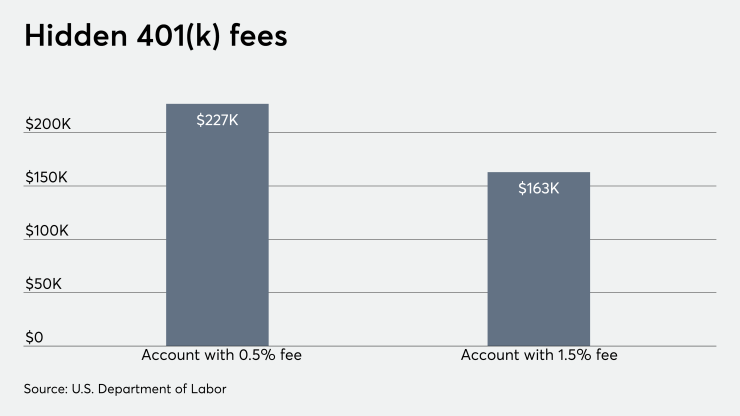Welcome to Retirement Scan, our daily roundup of retirement news your clients may be talking about.
Rather than doing nothing, clients who consider changing jobs are better off rolling over their old 401(k) assets into a new plan or an IRA, according to this Forbes article. That's because a rollover will trigger no taxes and penalties. They should also avoid cashing it out, according to an advisor. “This creates tax liabilities, penalties and untold impact to their plan for securing retirement," the advisor says.

Selling a fund can be a smart move for clients if there has been a change in management or if its portfolio is underperforming and becoming too risky, according to this Morningstar article. Before selling the fund, those saving for retirement should put the investment on a watch list to avoid making hasty decisions. Clients are also advised to consider the available options and tax consequences, unless the funds are held in a tax-advantaged retirement account.
Seniors who delay their Social Security benefits and Medicare should stop contributing to an HSA when they file for their retirement benefits, according to this CNBC article. “The problem is that if you take the lump sum from Social Security, it triggers Medicare Part A being effective retroactively, as well,” says a CFP with Briaud Financial Advisors. “So if you made contributions to an HSA during that time, you face an excise tax of 6% on those contributions in addition to income taxes.”
Although the average rent in some cities sits well under the thousand-dollar mark, in others, figures above $4,000 are standard.
Clients who want to boost their savings to fund their travels in retirement are advised to start maxing out contributions to their traditional or Roth 401(k), according to this CNBC article. They should focus more on retirement income than asset allocation and diversification in their portfolio, as well as buy a consumer-friendly annuity. Clients should also use strategies to save on taxes, such as directing some of their savings to a Roth account, which can be a source of tax-free income in retirement.






